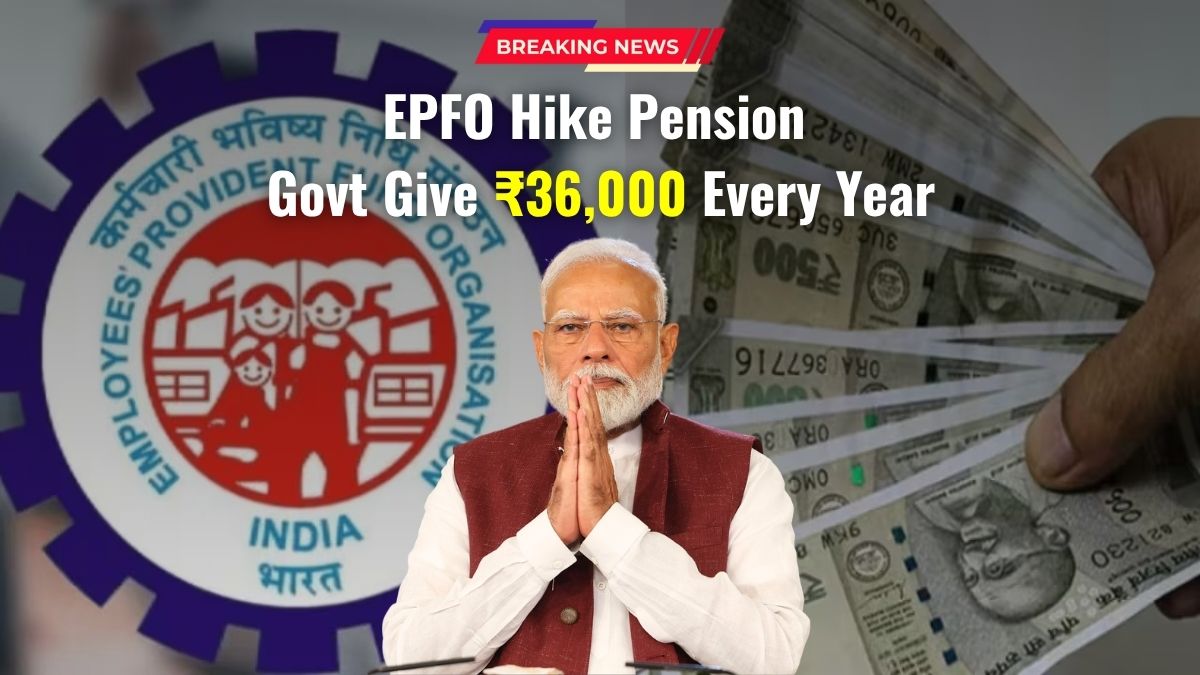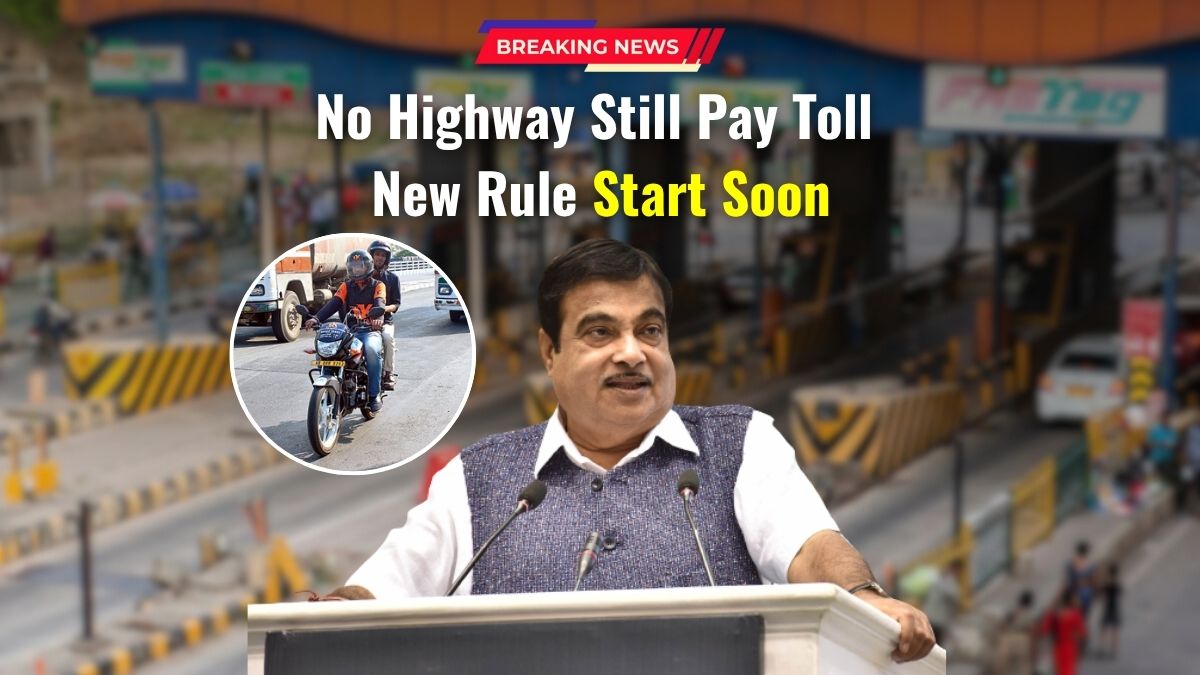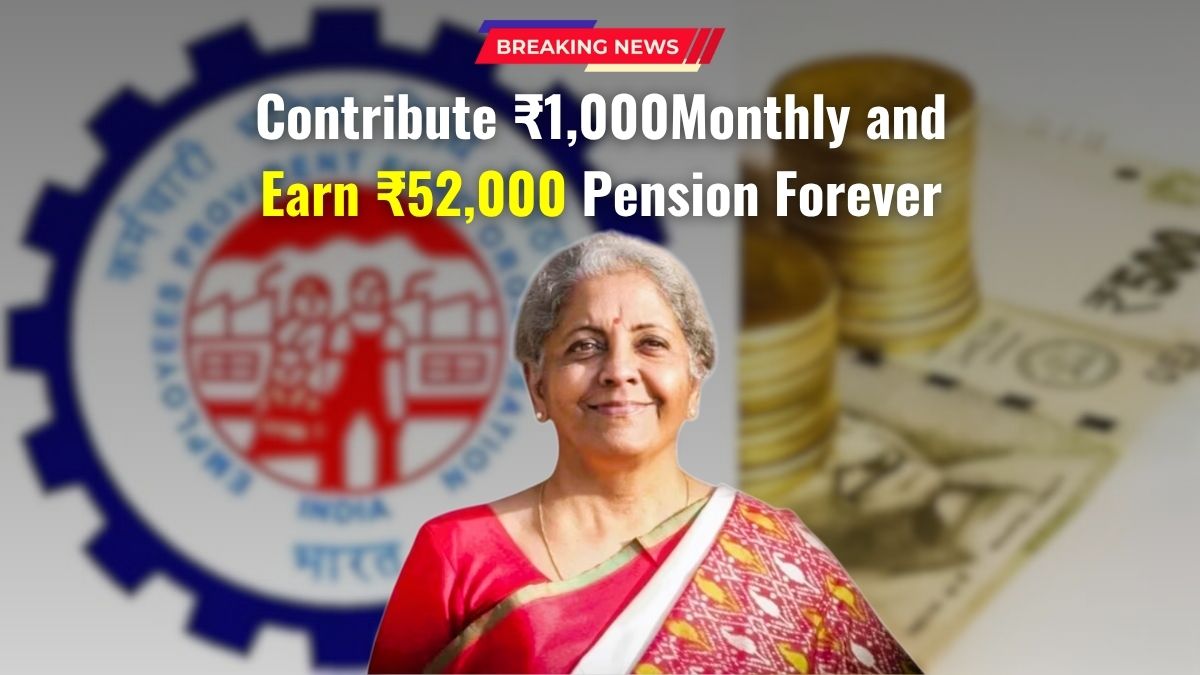In what could be a major relief to lakhs of government employees and pensioners, the much-anticipated 8th Pay Commission is likely to be set up by the end of 2025. This move, if implemented as expected in 2026, will revise the pay scales, allowances, and pensions of over 50 lakh central government employees and 60 lakh pensioners across India.
With high inflation and rising living costs putting pressure on household budgets, employees have been demanding a fair salary revision for years. Now, both media reports and statements from employee unions suggest that the Centre may finally be gearing up for action.
What Is the 8th Pay Commission?
The Pay Commission is a government-appointed body that reviews and recommends changes in the salaries, pensions, and benefits of central government employees and pensioners. Usually formed every 10 years, the last such revision—the 7th Pay Commission—came into effect in 2016.
As we near the end of this 10-year cycle, expectations are high that the 8th Pay Commission will be announced by late 2025 and implemented from January 1, 2026.
What Changes Are Expected?
The proposed changes under the 8th Pay Commission could bring a significant salary hike, especially for employees in the lower and mid-level grades. Here are the key demands and expectations:
- Minimum Basic Pay: Likely to rise from the current ₹18,000 (under the 7th CPC) to around ₹26,000 or more.
- Fitment Factor: Expected to increase from 2.57 to 3.68, translating to a 26–30% jump in overall salary.
- House Rent Allowance (HRA), Travel Allowance (TA) and other benefits are expected to be recalculated to reflect current urban living costs.
These changes could improve the financial stability and morale of millions working under central government departments.
Impact on Pensioners
Pensioners are also likely to benefit under the new pay commission. Expected revisions include:
- Higher base pensions, adjusted for inflation
- Family pension enhancements
- Better medical coverage and benefits
- A proposal to merge Dearness Allowance (DA) with basic pensions for easier future calculations
Unions have already started submitting memorandums pushing for early implementation, ideally before the 2026 General Elections.
When Will It Be Official?
While there’s no official notification yet, insiders suggest that a formal announcement could come by the end of 2025. The government may look to time this ahead of elections to boost support from public sector workers.
If all goes to plan, the revised salaries and pensions under the 8th Pay Commission would be applicable from January 1, 2026.
Why It Matters
With living expenses on the rise, the timely setup of the 8th Pay Commission will bring much-needed financial relief to government staff and retirees. If implemented well, it could also boost public sector efficiency and morale at a time when attracting and retaining talent is becoming increasingly important.













